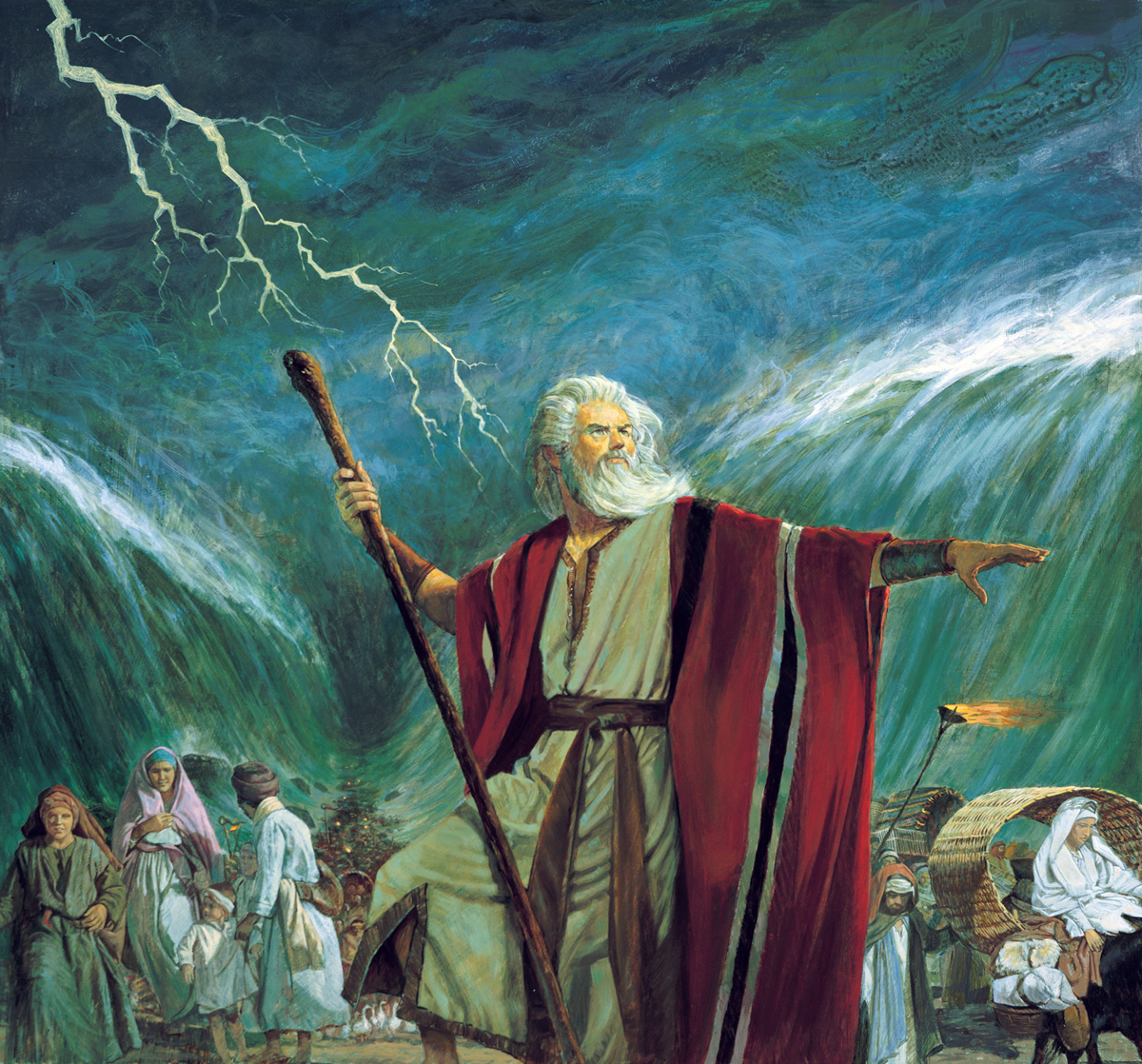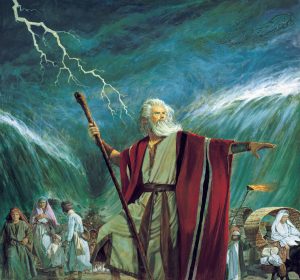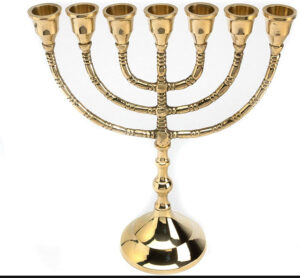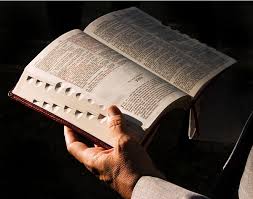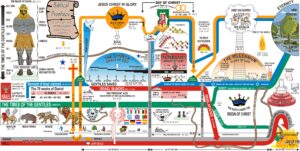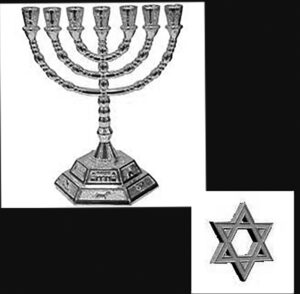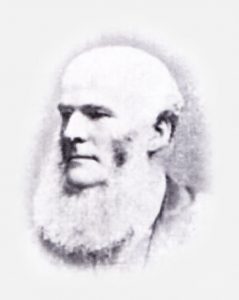
Has the church failed in its responsibility?
Has the church failed in its responsibility? Has the Christian religion broken down? Has Christianity failed as a witness, a steward, and a light-bearer for Christ in this world? 99% of Christians look at Christendom as a splendid success. Christendom will claim that, like the rider on the white horse, the gospel has gone forth to conquer, and achieved many glorious triumphs. Church people look back to the opening of the fourth century as a glorious epoch when persecution ceased, and Constantine adopted Christianity. They claim Christendom has gone on increasing in brightness from that day until now.
CHM said that he was thoroughly persuaded that Scripture did not support those who hold this view. all support this. Paul’s farewell address to the elders of Ephesus and his closing ministry in the letters to Timothy prove the anticipated ruin of the church in its earthly service and testimony. Peter and Jude, as well as the parables of the leaven, the tares, the mustard tree and the ten virgins, confirm this too.
The seven churches in Revelation indicate the phases of the church’s history, leading to its present Laodicean state. Lift up your eyes: look upon Christendom: say if you can trace a single feature of resemblance to the church as presented in the New Testament.
The One Body
Where is the one body? Suppose a letter was addressed, “To the church of God in London;”. To whom should it be delivered? Who could claim it? The church of Rome might, but not truthfully. The established Church of England would not claim it, but an uninstructed postman would probably deliver it there by default. None of the sects and parties into which Christian profession is divided, could rightly to call at the post-office and demand the letter: not one of them is the church of God (even if some have such a name). We must admit that Christendom, far from being a splendid success, has proved to be a most deplorable and humiliating failure.
The history of the church is one of failure and ruin, sin and judgment: all human efforts to mend or remodel must prove as utterly vain and hopeless as building the tower of Babel. Look at our own bodies: Can they be restored? They must die or be changed; never reconstructed. God will give us bodies of glory; He will never patch up bodies of sin and death.
The True Church vs. the Profession
Christ, blessed be His Name, will present the true church to Himself, without spot or wrinkle or any such thing (see Eph 5:27). That glorious body will be seen descending from heaven, like a bride adorned for her husband, shining in all the brightness of the glory of God and the Lamb. But for the false, faithless and corrupt church – that vast mass of baptised profession which calls itself Christian, nothing remains but the winepress of the wrath of Almighty God – the lake of fire – the blackness of darkness forever.
What must we do? We have learnt that the church is a ruin, and that it is not God’s purpose to restore it. Instead of asking, ‘What is to be done?’, let us be truly broken and penitent before our God, and cast ourselves on His rich mercy and sovereign goodness. Though He will never reconstruct a fallen church on earth, God will sustain, feed, strengthen and encourage all those who humbly rely on His faithfulness and love. It will be our privilege to tread a holy path and enjoy communion as the disciples knew it in the early days of this dispensation. May we make the church’s sin our own, and put away from us any proud pretension and futile effort to set up another church of our own devising and workmanship.
God’s Standard
Unfortunately, there is a constant tendency to lower the standard of devotedness to the level of the general condition of things publicly. It is destructive of all service and testimony, and we must guard against this. In 2 Timothy 2: 19 it says, ‘The foundation of God standeth sure, having this seal, The Lord knoweth them that are His. And, Let every one that nameth the Name of Christ depart from iniquity’. God is faithful: His standard remains the same. His foundation can never be moved; and it is the privilege of the individual believer to rest on that foundation and abide by God’s standard, come what may. Faith can count on God, and draw upon His inexhaustible resources, despite the hopeless public ruin. Were it not so, what would have become of the faithful through the ages?
Take as an example the golden calf. Aaron made it, but it was blatant idolatry. Moses insisted that Jehovah and the golden calf could not reside together. If a calf was in the camp, Jehovah must be outside – such was the simple reasoning of faith (faith always reasons aright). When the public body is totally awry, the path of individual faith is outside it. The call is to depart from iniquity. ‘Every one which sought the Lord’(Ex 33:7) had to go outside of the defiled place to find Him: they even had to leave the camp of Israel, the place Jehovah had taken up His abode.
Elijah is another example. The ten tribes had been broken off from the two, and Israel’s visible unity was gone. But ‘Elijah took twelve stones, according to the number of the tribes of the sons of Jacob, unto whom the Word of the Lord came, saying, Israel shall be thy name. And with the stones he built an altar in the Name of the Lord’(1 Kings 18: 31). Elijah confesses the indissoluble unity of Israel’s twelve tribes in the presence of Ahab, Jezebel and eight hundred false prophets. It could have been said that this was not the time for an altar of twelve stones, the day for that was gone . However, God’s standard remained. ‘For ever,O LORD, thy word is settled in heaven’(Ps 119:89). We must maintain the eternal stability of the truth of God, even if that truth exposes our fallen condition. Faith takes its stand on God’s own ground, acting according to the integrity of divine revelation.
The Authority of the Holy Scriptures
If there is one feature of the present moment more deplorable than another, it is the loose way in which the truth of God is held: there is a strong tendency to lower the standard of obedience. It is deemed narrow-minded to insist on the paramount authority of the Holy Scriptures. The Word of God is fast losing its place in the hearts and minds of professing Christians. The motto, ‘The Bible, and the Bible alone is the religion of Protestants[*]’, if it ever was true -is certainly not true now. There is a most determined effort in the media and the pulpit, to dispense with the Word of God as a paramount infallible authority. This is not an over-statement. [Has it not gone much further in the 21stcentury, where quoting the scriptures, especially as to sexual morality, brings out allegations of criminal hatred? – and the iniquitous agenda of the liberal gay rights movement is being endorsed by the Established Church and promoted in Christian schools.]
Mackintosh was thoroughly persuaded that the professing church is hastening on to a fearful moment in her history, in the which she will utterly reject the Word, the Christ, and the Spirit of God. Ignorance, superstition and impudent infidelity are fast gaining sway over the minds of millions. Towards the close of the nineteenth century, millions professed their deluded belief in an immaculate woman (Mary) and an infallible man (the Pope).[†] At the same time, they audaciously tampered with the Word of God, with blasphemous assaults on the Person of the Son of God.
Our Call
Does this not make us prize, all the more, the faith and faithfulness of those worthies, who stood in the face of a hostile world, and boldly maintained the truth of God, despite of the palpable ruin and failure of the that which publicly espoused Christ’s Name. Like Elijah before the prophets, and Moses going out of the camp, there is a blessed platform of faith on which each true believer can take his or her stand, in calm and holy confidence, and there abide with God.
[*]Attributed to William Chillingworth (1602–1644)
[†]Immaculate conception – Pope Pius IX 1854 and the assumption of Mary – Pope Pius XII 1950; Papal infallibility – First Vatican Council 1868
Edited and extracted from C H Mackintosh ‘LETTERS TO A FRIEND ON THE PRESENT CONDITION OF THINGS’ – Reprinted from ‘Things New and Old’ Vols. 17 – 18, 1874 and 1875.

